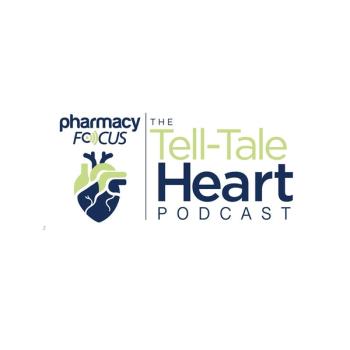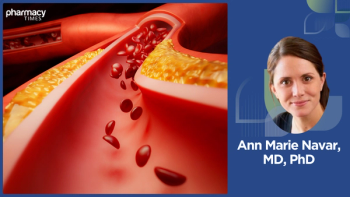
4 Smart Ways to Split Pills
Pill splitting is a common strategy among patients looking to save money amid rising drug costs.
Pill splitting is a common strategy among patients looking to save money amid rising drug costs.
In fact, United Healthcare has actively urged its members to ask for more potent drugs with the intention of splitting them to reduce monthly prescription copays.
The health insurer’s “
However, the FDA has deemed pill splitting a “
An analysis from Consumer Reports offers 4 smart steps that pharmacy staff can share with patients to ensure they safely split pills.
1. Ask for a Pharmacist’s Approval.
About 8% of consumers admit to splitting pills without receiving approval from a pharmacist or physician.
Certain drugs for certain conditions—including high cholesterol medications like lovastatin (Mevacor) and rosuvastatin (Crestor), and depression medications like sertraline (Zoloft)—can be split without reducing drug efficacy or causing negative side effects.
However, other medications such as oxycodone (Oxycontin), omeprazole (Prilosec), chemotherapy drugs, and contraceptives should never be split.
2. Don’t Split Pills That Can’t Be Divided Accurately.
Dividing delayed- or extended-released tablets or pills with protective coating for the stomach can be dangerous.
Drugs with a hard coating or any sort of capsule should also be swallowed whole to avoid crumbling, leaking, or cracking into pieces.
3. Use a Pill Splitter.
Studies have shown that pill splitters come very close to dividing drugs exactly in half, with as little as
Using a knife, scissors, or any other sharp tool could divide the pill into unequal parts, thereby reducing the efficacy of the doses. Not to mention, using those sharp tools increases the risk for injury.
Pill splitters can be found at most pharmacies and discount stores at a low cost. Some health insurers, like United Healthcare, provide pill splitters for their members.
4. Split Pills One at a Time.
Certain prescription medications deteriorate when they are exposed to air, heat, or moisture after they’re split, so it’s best to split pills one at a time to ensure that potency and dosage sizes are consistent.
Newsletter
Stay informed on drug updates, treatment guidelines, and pharmacy practice trends—subscribe to Pharmacy Times for weekly clinical insights.







































